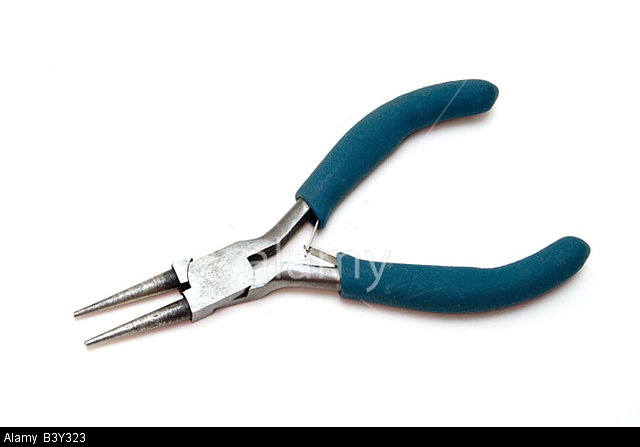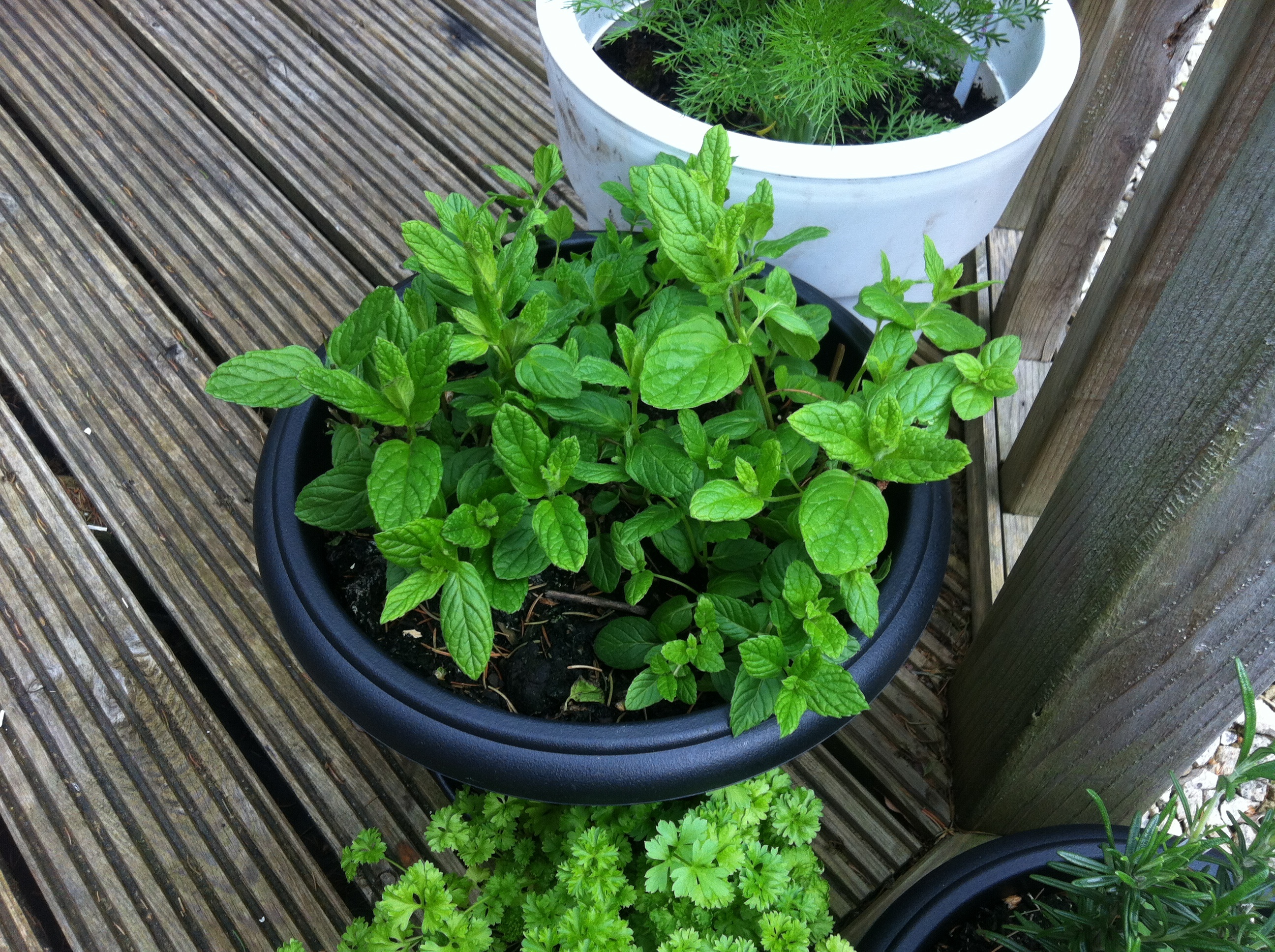I want to take the opportunity to highlight a problem that I have with a Green Party policy. I didn’t feel robust enough to discuss this on my feed before the election because I wasn’t in the mood to get shouted down, but I’d like to make people aware of it nonetheless. I am, theoretically a Green voter – but with such major flaws that would affect my life in their policy, I simply cannot be.
The Green’s proposed reducing the copyright terms to 14 years “after publication“. It’s here: http://policy.greenparty.org.uk/ec.html#EC1011
Introduce generally shorter copyright terms, with a usual maximum of 14 years;
Liberalise ‘fair use’ policies to operate outside the academic environment, and allow greater development from existing copyright material
Now, there appears to be some confusion as to what the Green’s actually mean by this. The policy is ambiguous. Currently English & Welsh Law is that copyright is protected for 70 years after the creators death. Reading this policy as a cynic, it seems to imply that 14 years after creation or publication would be the norm.
The Green’s have defended these policies, saying that the citizens income would make up for the loss of earnings for writers and artists. Well, to be honest, I don’t want to have to rely on the state for my income because one of their policies has made it impossible for me to earn from previous work.
You might be thinking ‘but I don’t work in a job where I can earn from something I did 15 years before, that doesn’t seem like a big deal anyway’. But please, hear me out. Let me explain. When you have a career the general expected path is that as you aquire skills, you move jobs and you get paid more money. So that project that you managed when you were 25 potentially adds to the experience that you get when you move jobs and get paid more at 35. The qualification you took when you were 30 could well be what help’s you get a job at 50. It’s called experience and it matters in many, many careers.
Photography and writing does work that way too, but not to the same degree. If I’m earning 20k at 25 years old as a photographer it’s actually quite hard for me to be earning 50k as a 50 year old, for example. Because you can’t just keep putting the fee up in many sectors of photography and writing.
For instance I sell stock images as part of my income (stock images are picture that you have taken, lodged with an agency, and then people like book publishers search through the archive and purchase them as illustrations). A picture of a tomato, for example, is a picture of a tomato. If someone wants a picture of a tomato on a white background they will not pay £400 if they could pay £200 for an almost identical picture of a tomato. Experience doesn’t matter, they’re buying a picture of a tomato that they like. It’s very democratic actually. You could be an amateur with a single photo of a tomato that was the first picture you ever took, and sell it for the same amount of money as a professional with 50 years of experience and 50,000 photos.
And that’s the key.
The key to my stock photography income is repeat sales of images I have taken in the past. I’m about 8 years into my stock photography ‘career’ and have been building my library since I picked up a camera. Take this picture, for example. I shot it in 2007 and sold it yesterday.
Yeah I know, it’s really boring. But sales like this are the bread and butter of my library. One of my best selling images is a pile of mushrooms.
Anyway, I shot it in 2007. That’s eight years ago. This picture is still relevant. Needlenose pliers don’t look any different. The magazine art director doesn’t care when it was shot, only that it was a picture of something that they need. This image still has value in my collection, despite it being eight years old.
I expect this image to have value in another six years time as well. I know that cameras are getting better with higher quality and more megapixels (this one was shot on an Canon EOS 350D for those interested, with just 6MP IIRC) but at the end of the day you don’t need huge megapixels for printing magazines.
What the Green’s are potentially proposing is that in six years time, this image becomes valueless. I will be unable to make an income from it any longer because anyone would be able to just take the image and use it without having to pay me any money for a license.
What I believe would happen is that people would no longer put images online without a huge watermark through the middle, and the prices of images would rise to take into account that you only have 14 years of earning from an income instead of… well… 50 years plus 70 after creators death… basically they could rise by up to eight times as much theoretically. That’s unlikely, but I’d expect to see photographers looking to double or triple their prices (and having to work far harder to shoot more images and attempt to market them better than the next guy).
But that doesn’t work, of course. It would for the first 14 years while we wait for the timebomb to tick (unless they make the rules apply to everything created in the past… hopefully not…) but at 14 years suddenly there is a free market for images. Anyone can use them wherever they wanted, for whatever purpose they wanted.
That might sound great to you. Perhaps you’re a blog owner and you’ll suddenly be able to get hold of images like my one above without paying any money for it. Perhaps you’re looking forwards to your magazines being more lavishly illustrated. And those things would be nice, of course. But soon after we’d see a death of images available. Photographers would shortly leave the career and go elsewhere. Those people who generate the images that you want to use for free would be forced to go get other jobs instead of being photographers. Skills would be lost. Less photographers would be available to shoot everything else – because many photographers fill in their free time by shooting stock. Some photographers would of course survive, but choice becomes narrowed down and the industry may well get stale.
That doesn’t sound like such a happy world to be. Yes, I’d still have my citizens income, but I don’t think I’d be as happy.
And although I’ve focussed on stock photography here, this applies to lots of other areas too. Writers who resell articles, writers who have written books (it might seem great that your favourite book comes out into the public domain after just 14 years – but your favourite writer will be considering a different career), academics who rely on royalties from republishing their work, artists, illustrators, designers, and the list goes on.
Royalties from pictures and words are many peoples retirement plan. Many creatives don’t take pension plans out because our work *is* our pension security. In many cases it’s our children’s income too – leaving your legacy to a child is one of the reasons that some people work on residual earning projects like stock photography. That will no longer be possible. Children will no longer be able to benefit from their parents creative work.
As a photographer and writer this has the opportunity to hit me hard and force me into another career. One that I love less. One where I’ll have to start from the bottom and work my way up the ladder. Again. One that wastes all the skills I’ve learned and my talents. But I guess that’s ok, as long as we’re doing it all for the greater good, so that people can have a few free pictures.
I’d like to perhaps believe that this is about equality – making us all have the same chance in life and stopping the residual passing down of earnings and so forth. But writers and photographers generally aren’t exactly loaded down by the weight of all their gold pieces. This is the wrong group to target for this purpose. It’s short sighted and it will kill our creative industries. Because I’ll tell you what, emigration looks pretty fucking awesome if this goes through – I’ll take my taxes to a country that respects and encourages creativity instead.




